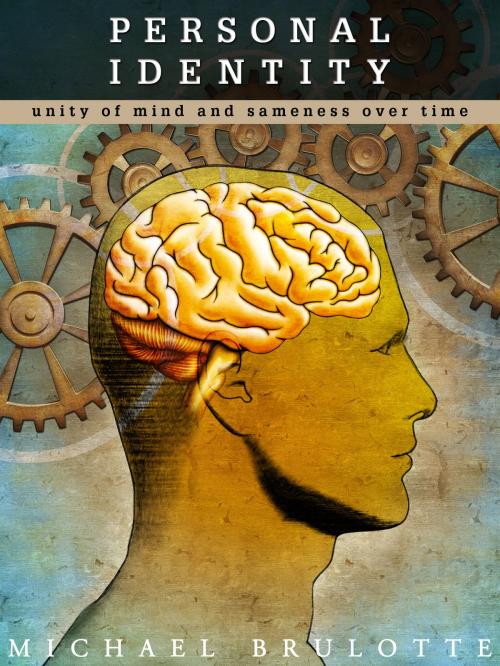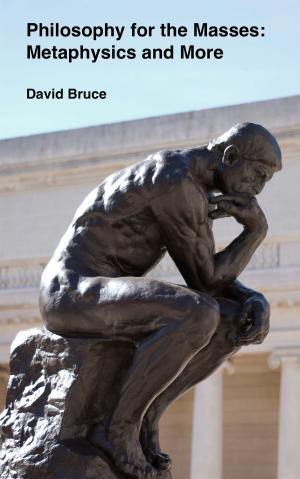Personal Identity: Unity of Mind and Sameness Over Time
Nonfiction, Religion & Spirituality, Philosophy, Metaphysics| Author: | Michael Brulotte | ISBN: | 9781301821808 |
| Publisher: | Michael Brulotte | Publication: | March 14, 2013 |
| Imprint: | Smashwords Edition | Language: | English |
| Author: | Michael Brulotte |
| ISBN: | 9781301821808 |
| Publisher: | Michael Brulotte |
| Publication: | March 14, 2013 |
| Imprint: | Smashwords Edition |
| Language: | English |
Unlike many philosophical debates, the discussion about personal identity is not paralleled outside the domain of philosophy. In everyday life, there would be no disagreement about the sameness of identity over time. Children can understand that they were once babies, would-be criminals weigh the consequences of their actions, young adults put money away for retirement, and students pore over textbooks instead of going out to party. All of these typical behaviours and understandings take for granted a consistency of personal identity: the notion that each person will continue to be the same person over time. In metaphysics, however, such simplicity does not exist; concluding exactly what personal identity means and upon which criteria it is founded has given rise to substantial philosophical disagreement.
In this paper, I will investigate two problems that pertain to personal identity: first, I will discuss the unity of consciousness, which relates importantly to what consciousness most basically is, and second, I will discuss what accounts for the sameness of a particular personal identity over time. I believe these discussions represent the two most important pillars of personal identity for two reasons: first, because when we talk about any kind of identity, the fundamental, underlying assumptions are that it is singular (viz. that one person or one object cannot have multiple identities) and that it is temporal (viz. that it is meaningless to speak of identity that bears no relationship to time); second, because the implications of these pillars are the most grave and far-reaching—particularly vis-à-vis how we treat and punish other humans agents, for instance, in any criminal justice system.
Unlike many philosophical debates, the discussion about personal identity is not paralleled outside the domain of philosophy. In everyday life, there would be no disagreement about the sameness of identity over time. Children can understand that they were once babies, would-be criminals weigh the consequences of their actions, young adults put money away for retirement, and students pore over textbooks instead of going out to party. All of these typical behaviours and understandings take for granted a consistency of personal identity: the notion that each person will continue to be the same person over time. In metaphysics, however, such simplicity does not exist; concluding exactly what personal identity means and upon which criteria it is founded has given rise to substantial philosophical disagreement.
In this paper, I will investigate two problems that pertain to personal identity: first, I will discuss the unity of consciousness, which relates importantly to what consciousness most basically is, and second, I will discuss what accounts for the sameness of a particular personal identity over time. I believe these discussions represent the two most important pillars of personal identity for two reasons: first, because when we talk about any kind of identity, the fundamental, underlying assumptions are that it is singular (viz. that one person or one object cannot have multiple identities) and that it is temporal (viz. that it is meaningless to speak of identity that bears no relationship to time); second, because the implications of these pillars are the most grave and far-reaching—particularly vis-à-vis how we treat and punish other humans agents, for instance, in any criminal justice system.















